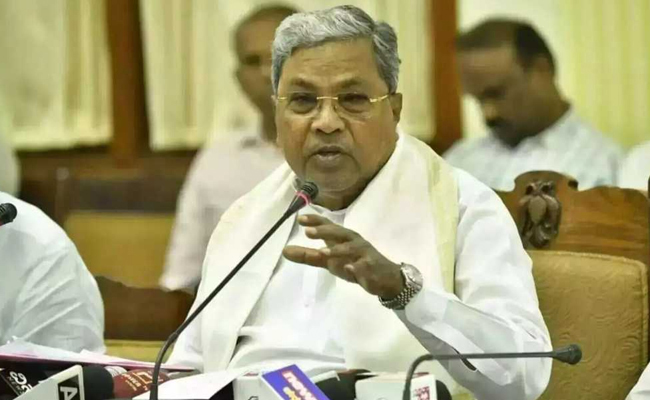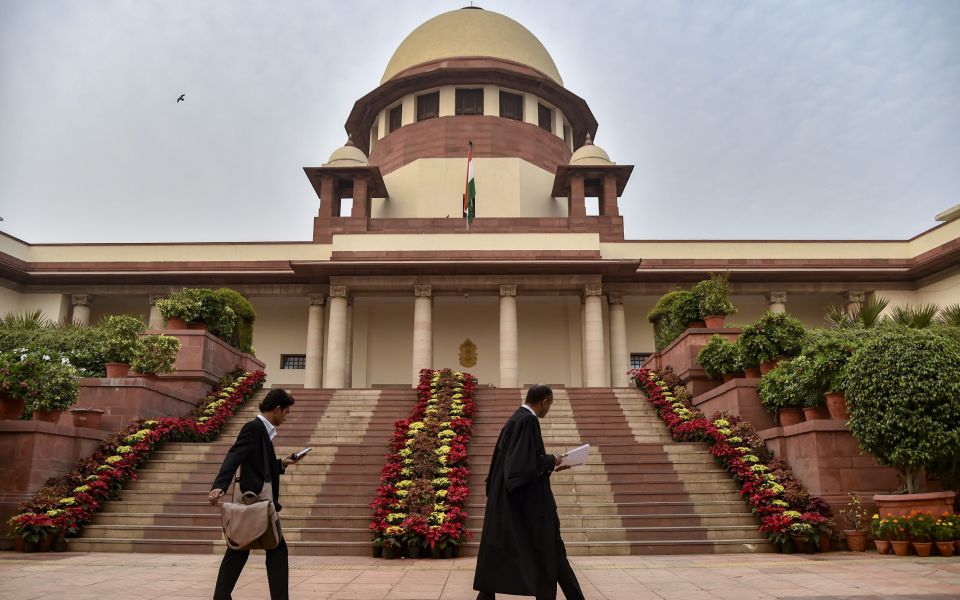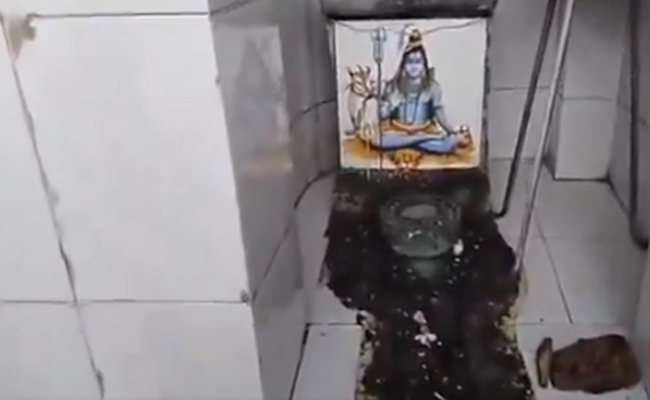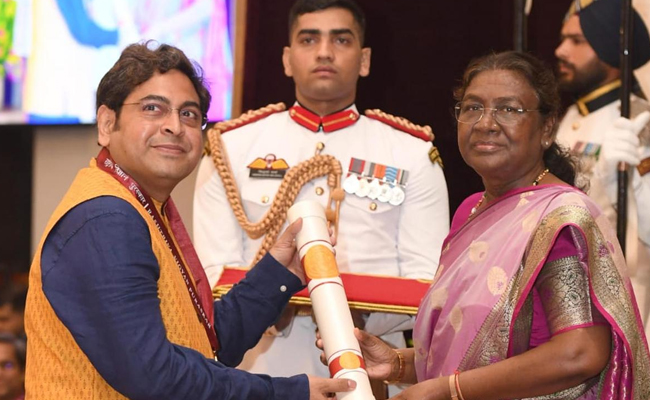New Delhi (PTI): The Enforcement Directorate (ED) is soon expected to book Karnataka Chief Minister Siddaramaiah and some others in a money-laundering case linked to the Mysuru Urban Development Authority (MUDA), taking cognisance of a recent state Lokayukta FIR, official sources said on Monday.
Siddaramaiah, his wife B M Parvathi, brother-in-law Mallikarjuna Swamy and Devaraju -- from whom Swamy had purchased land and gifted it to Parvathi -- and others have been named in the FIR registered by the Mysuru-located Lokayukta police establishment on September 27.
The FIR was lodged after a special court in Bengaluru last week ordered a Lokayukta police probe against Siddaramaiah in the case.
The order of the special court judge came a day after the high court upheld the sanction granted by Governor Thaawarchand Gehlot to conduct an investigation against the senior Congress leader on allegations of illegalities in the allotment of 14 sites to his wife by the MUDA.
The ED is expected to press sections of the Prevention of Money Laundering Act (PMLA) to book Siddaramaiah in its Enforcement Case Information Report (ECIR). Sources said the federal agency is studying the Lokayukta Police FIR.
According to procedure, the ED is empowered to summon the accused for questioning and even attach their assets during investigation.
Siddaramaiah (76) had last week said he was being targeted in the MUDA issue as the opposition is "scared" of him and noted that it is the first such "political case" against him.
He also reiterated that he will not resign following the court ordering a probe against him in the case as he has done no wrong and asserted that he would fight the case legally.
In the MUDA site-allotment case, it is alleged that compensatory sites were allotted to Siddaramaiah's wife in an upmarket area in Mysuru, which had higher property value as compared to the location of her land that was "acquired" by MUDA.
The Lokayukta FIR has been registered under various sections of the Indian Penal Code (IPC) like 120B (criminal conspiracy), 166 (public servant disobeying law, with intent to cause injury to any person), 403 (dishonest misappropriation of property), 406 (criminal breach of trust), 420 (cheating and dishonestly inducing delivery of property), 426 (mischief), 465 (forgery), 468 (forgery for purpose of cheating), 340 (wrongful confinement) and 351 (assault).
Let the Truth be known. If you read VB and like VB, please be a VB Supporter and Help us deliver the Truth to one and all.
New Delhi: The Supreme Court has directed a status quo on the proposed evictions and demolitions in Assam’s Sonapur. A Bench comprising Justices BR Gavai and KV Viswanathan issued a notice on a contempt petition challenging the demolitions and directed the State government to respond within three weeks.
The plea was filed by forty-eight residents who argued that the demolition drive was in violation of the Supreme Court's recent interim order against the use of bulldozers for demolishing properties of individuals suspected of criminal activities without prior permission.
Sonapur, located on the outskirts of Guwahati within the Kamrup Metro district, has recently witnessed a series of eviction notices issued by the district administration, which classified several residents as ‘illegal occupiers’ or ‘encroachers’ on tribal lands.
The contempt plea, filed through advocate Adeel Ahmed, stated that the houses were marked for demolition without any prior notice or hearing. The petitioners argued that they hold rights over the land through a power of attorney, and that their families have resided there since the 1920s, prior to the establishment of protected tribal belts in the area. They also submitted that they possess utility facilities, ration cards, Aadhaar cards, and voter ID cards based on their residency.
The residents further contended that the proposed demolitions are in breach of an undertaking recorded before the Gauhati High Court, which granted them interim protection. They have sought contempt proceedings against officials for violating court orders and urged the Supreme Court to halt the eviction process.
Senior Advocate Huzefa Ahmadi appeared on behalf of the petitioners, while the plea was drafted by advocates Abdur Razzaque Bhuyan, Sana Parveen, and Arijeet Baruah.





